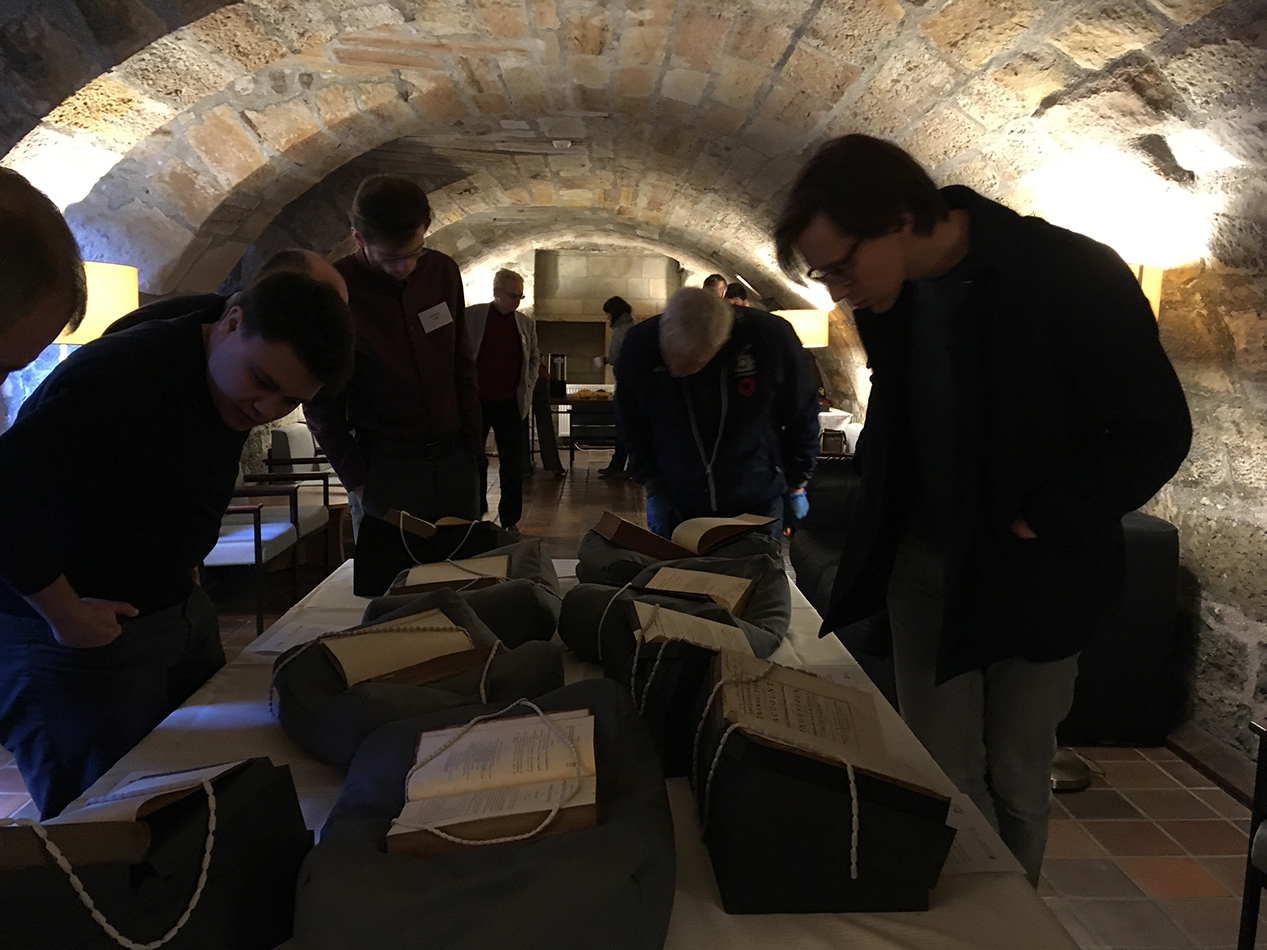Editors at work: Constructing Knowledge and Identity through Scientific Periodicals
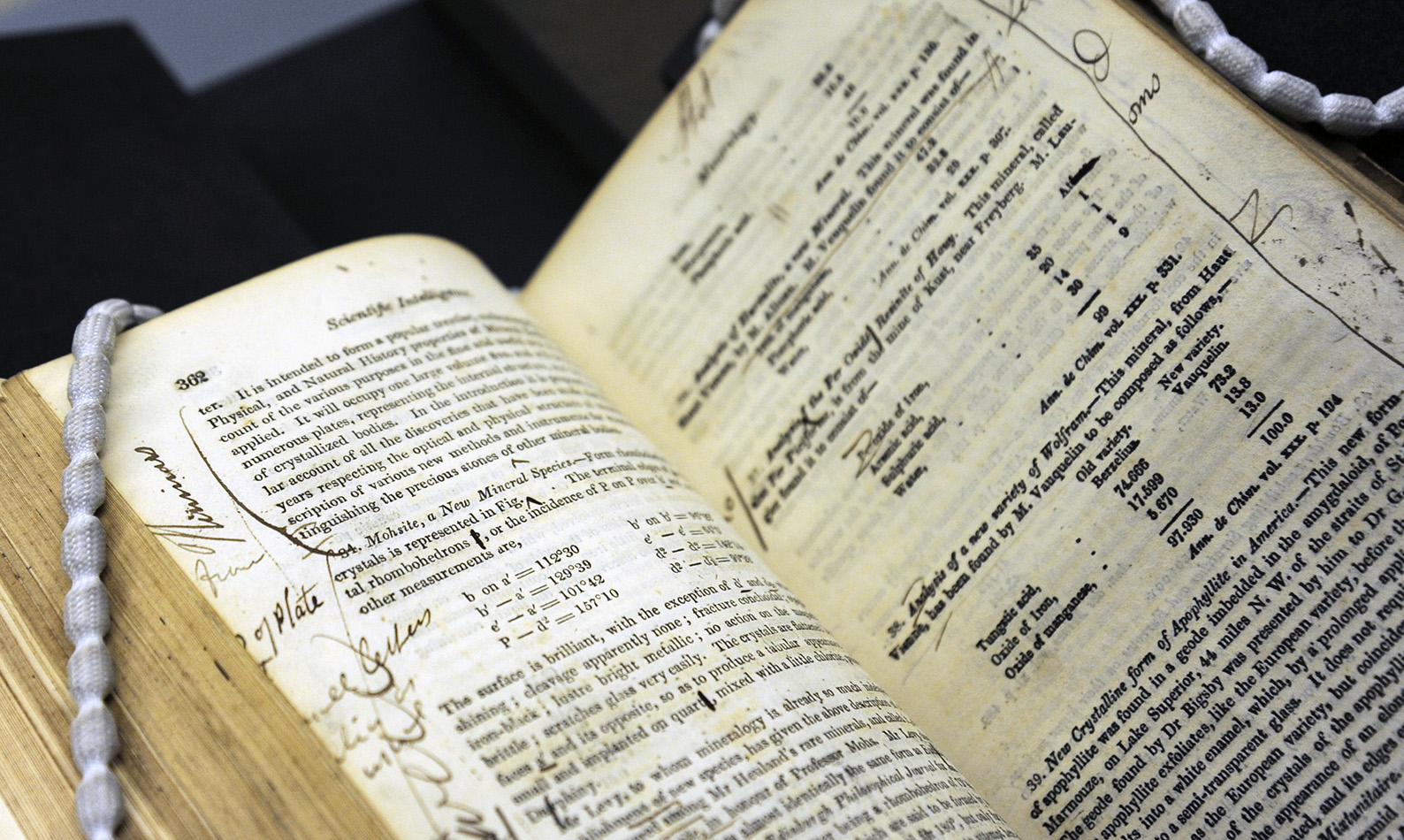
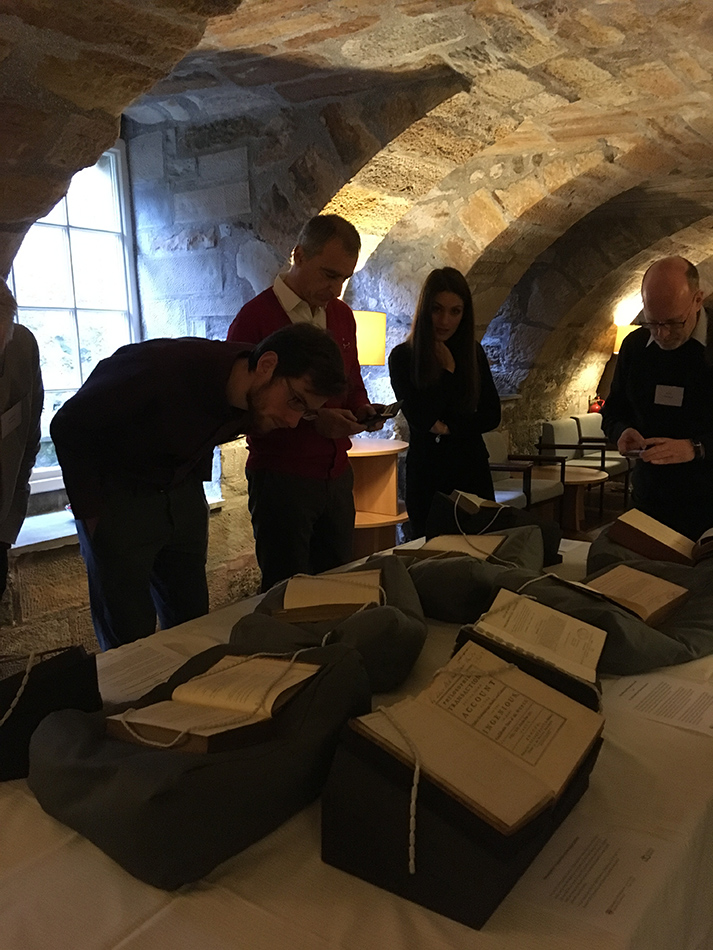 The workshop ‘Editors and Editing of Scientific Periodicals: Constructing Knowledge and Identity, 1760s-1910s’ was hosted by the School of History from the 18th to 19th January. It brought together international researchers to exchange the latest results of their work about European editors of scientific periodicals from the Enlightenment to the early 20th century.
The workshop ‘Editors and Editing of Scientific Periodicals: Constructing Knowledge and Identity, 1760s-1910s’ was hosted by the School of History from the 18th to 19th January. It brought together international researchers to exchange the latest results of their work about European editors of scientific periodicals from the Enlightenment to the early 20th century.
The topics ranged from one of the first and most famous English scientific periodicals, the Philosophical Transactions of the Royal Society of London and its complex publication procedure, to some highly specialised and short-lived journals like The Entomologist’s Weekly Intelligencer. The papers focused on the work of the editors, their place and influence in the scientific community and how they adapted to the demands of their readers.
Panels were held with two papers each, followed by a discussion of half an hour about similarities and differences amongst editors and editorial practice as well as the development of the editors’ role and influence.
The bad weather of late January delayed the arrival of the speakers from Göttingen so the programme needed some last minute revision. This tumbled the chronology of the talks but not the good humour of the participants.
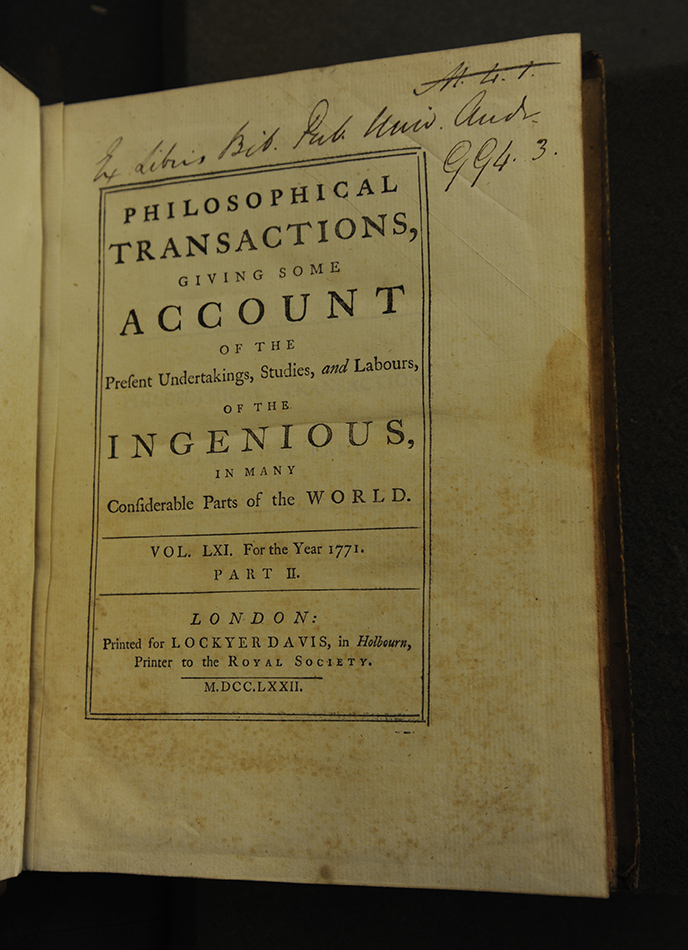
Adam Dunn from University of St Andrews kindly volunteered to begin with an overview of the Statistical Accounts of John Sinclair in Scotland and August Ludwig von Schlötzer in Germany. This was followed by an examination by Matthew Wale from the University of Leicester of competing editors of 19th century entomology periodicals, Henry Tibbats Stainton and Edward Newman.
The Friday panels gave an insight into the circumstances of editorship, the development of disciplines alongside and through periodicals and the economic and political difficulties of the growing market of the 19th century. The next panel compared the Philosophical Transactions at the turn of the 18th century under the President of the Royal Society, Sir Joseph Banks (presented by Noah Moxham), and the newly-founded German periodical Archiv der Physiologie by Johann Christian Reil (1759-1813), Professor of Physiology in Halle, (Marco Segala). The prestigious Philosophical Transactions was an exclusive organ, printing only those papers read and approved during meetings of the Royal Society, whereas Reil’s periodical was only one of several in German-speaking countries meant to be a forum to consolidate physiological research.
Jon Topham from the University of Leeds spoke on the construction of scientific communities through scientific periodicals in late Georgian Britain. Martin Gierl from The Göttingen Institute of Advanced Study, Lichtenberg-Kolleg, discussed editorship in the Heiliges Römisches Reich between 1765 and 1815, demonstrating that German scientific periodicals were predominantly projects of university professors and therefore connected to academic institutions.
Between the first and the second panels the participants got the opportunity to have a close look at copies of some of the journals discussed in the papers. The University of St Andrews Library Special Collections displayed journals such as the Philosophical Transactions, The Weekly Intelligencer and the German natural history journal Aus der Natur. This made it possible to compare the different periodicals directly and to gain an idea of the outcome of the editors’ work, now acting as objects and links to the past which the workshop investigated so closely.
Following these inspiring impressions, the second panel investigated editorship as a contributing factor to the development of disciplines. Dominik Hünninger from Lichtenberg-Kolleg atthe Göttingen Institute for Advanced Studies spoke about how specialised entomological journals in Germany about 1800 helped to outline disciplines in the natural sciences. Bill Jenkins from the University of Edinburgh focused on the case of Robert Jameson and David Brewster, ‘conductors’ of the Edinburgh New Philosophical Journal and the Edinburgh Journal of Science respectively, and discussed their editorial tactics and advantages against competitors William Ainsworth and Henry Cheek.
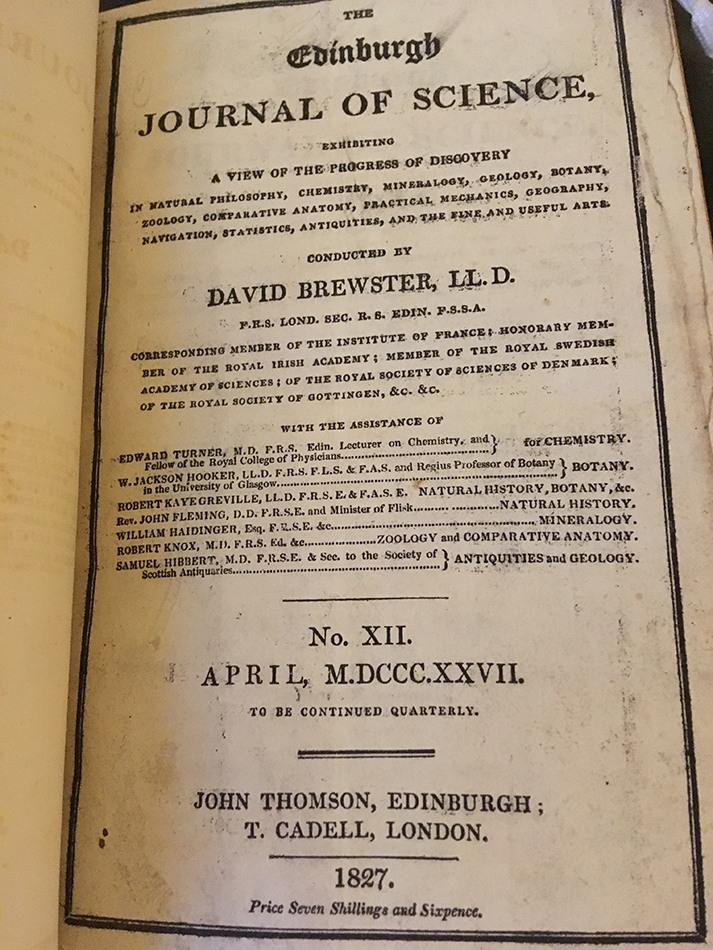
The first afternoon panel gave an insight into editorship as a means for social and professional advancement. Sally Frampton from Oxford University introduced the increasing influence of medical journal editors through control of the publication topics. Jenny Beckman from Uppsala University talked about the strategy of the Royal Swedish Academy of Science under its Secretary Jöns Jacob Berzelius, which maintained its international connections to spread its influence and receive foreign research through exchanging transactions. Both talks revealed that personal efforts of editors and their relationships with others significantly shaped the content of the periodicals.
The last panel illuminated the role of gatekeeping, which is how the selection procedure of a journal made an impact on which articles were published and under which circumstances. Alrun Schmidtke from Humboldt University gave an example of two opposite approaches to publication critera by editorial boards. August Heinrich Petermann, editor of the geographical periodical Geographisches Mitteilungenin Gotha, demanded well confirmed content. Paul Rosbaud, editor of the journal Metallwirtschaft, a combination of an industrial catalogue advertising machines and information about latest developments and technologies, focused on articles relating to the advertising. Aileen Fyfe from St Andrews concluded the day with examples of editorship without an editor, illustrating the role of the editorial board of the Philosophical Transactions in the mid-19th century where the system of selecting articles had become highly complex.
The workshop, which had been organised by Professor Aileen Fyfe and PhD candidate Anna Gielas of St Andrews, ended with an informal discussion on the different aspects of editorship.
The informative and interesting talks and comprehensive discussions gave an insight into different forms of editorship and publishing of periodicals, both society-based and commercial, from the late 18th to the beginning of the 20th centuries. The workshop provided an opportunity to compare the role of editors in different countries and uncovered their silent influence on scientific research.
Alexander Stöger
Friedrich-Schiller-Universität Jena
For more about the history of the journal Philosophical Transactions: https://arts.st-andrews.ac.uk/philosophicaltransactions
